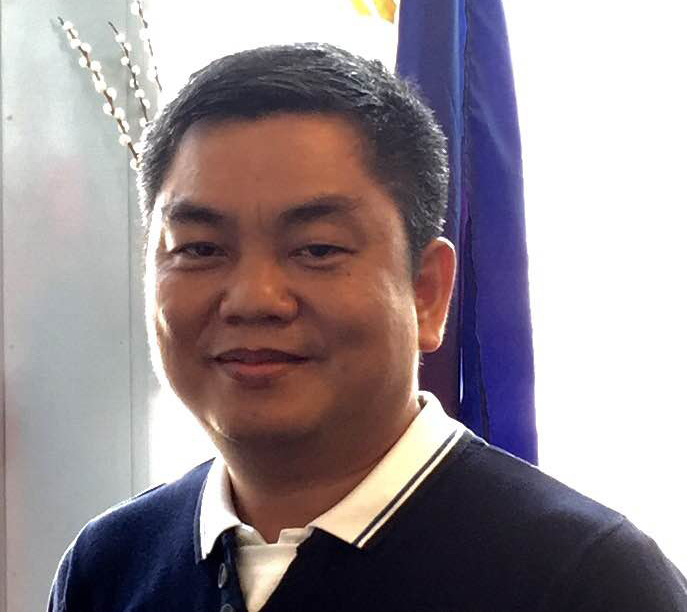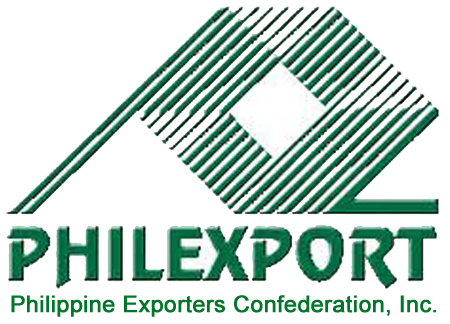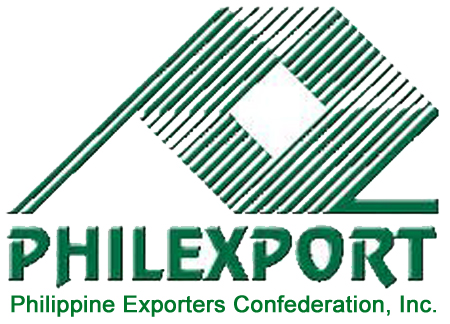 Today’s business operates in a global environment. To keep pace, companies wherever located or whatever their primary market base, have to consider the rest of the world in their competitive strategy. Part of this strategy is to change the way companies manage their operations and logistics activities – elevating the importance of flow management to new levels.
Today’s business operates in a global environment. To keep pace, companies wherever located or whatever their primary market base, have to consider the rest of the world in their competitive strategy. Part of this strategy is to change the way companies manage their operations and logistics activities – elevating the importance of flow management to new levels.
To support these trade flows, government must recognize that the demands of globalization and modernization require a greater understanding of the political, economic and trading environment in which Customs is expected to operate. For their part, customs managers need to develop and apply new management techniques and technologies, including a distinct set of knowledge, skills and behaviors, that could be delivered through a more professional approach to development and career management.
Customs education in the Philippines was introduced in 1960 when PMI Colleges offered a Bachelor’s degree in Customs Administration. Then the curriculum was based on experts’ advice and with approval from the Department of Education, Culture and Sports (later renamed Department of Education). It must be noted that the Bachelor’s degree on Customs Administration is the required academic preparation for taking the licensure examination for customs brokers.
Since then, the curriculum has gone through a series of revisions. A technical committee, in consultation with experts from the academe and the business sector and under supervision from the Commission on Higher Education, has completed a new curriculum aligned with the K-12 program and benchmarked with international standards, particularly those prescribed by the World Customs Organization Partnerships in Customs Academic Research and Development (WCO PICARD). This new curriculum–including courses in supply chain management and logistics–is set for implementation by the next school year.
The WCO has long recognized the importance of knowledge and education in the field of Customs and, to disseminate these developments internationally, initiated a series of meetings with universities and academic institutions in 2005. In May 2005, the first informal meeting between the WCO Secretariat and universities and research institutes was held at the WCO headquarters in Brussels to discuss possibilities for cooperation in the area of capacity building.
In the meeting, the establishment of the International Network of Customs Universities or INCU was announced. In tandem with the INCU, WCO developed the first draft of international standards of recognition for Customs-related education designed to provide WCO recognition to qualifying curricula and graduates. The meeting also gave birth to the annual WCO PICARD Conference.
The rest, as they say, is history. The PICARD Conference is now firmly established in the Customs academic calendar. The first PICARD Conference was held in Brussels in 2006 and, in the succeeding years, has moved to Shanghai, Costa Rica, Abu Dhabi, Geneva, Marrakesh, Saint Petersburgh, Puebla, and Baku.
This year, it will be the Philippines’ chance to host the biggest gathering of experts in the field. The WCO PICARD Manila 2016 Conference set on September 27-29 at The Manila Hotel and hosted by the Bureau of Customs, builds on the success of previous Conferences. PICARD Manila 2016 will focus on high-level exchanges on international trade, Customs professionalism and topics integral to Customs administrations worldwide such as digital customs; security; taxation and other revenue matters; and illicit trade.
I learned about the WCO PICARD conferences through its academic associations with INCU. After the 2010 Conference in Abu Dhabi, my paper on customs-academia partnership was selected for presentation at PICARD Geneva in 2011. During that conference, I and former chairman of the Professional Regulatory Board for Customs Brokers Atty. Ferdinand Nague with support from then Commissioner Angelito Alvarez, mentioned our intention to bring the conference to Manila to WCO Secretary General Kunio Mikuriya and the PICARD Advisory Board.
I still remember the comment of Cross Border Research Organization’s Dr. Juha Hintsa, also one of the PICARD founders, that there was a wait list for hosting the event and that it may take the Philippines five years to do so. (http://www.cross-border.org/interviews/interview-with-mr-samuel-bautista/)
True enough, here we are five years later. At PICARD Manila 2016, I have been invited by the WCO Research Unit to sit as a member of this year’s Scientific Board tasked to review and select papers for presentation in the conference. The Call for Papers which ended on June 15, 2016 yielded a record 70 submissions from all over the world, 10 of which were selected for presentation.
I am grateful to the support given by then Commissioner Alberto Lina for this conference. I and the PICARD Advisory Board are equally thankful to the commitment given by our current Customs Commissioner Nicanor Faeldon as host of this year’s conference.
The academic community is also lending a helping hand through the combined efforts of the Philippine Association of Customs Brokers in Education (PACBE) and the Lyceum of the Philippines University (LPU), as institutional partners. PACBE and LPU are working closely with ITMO University of Russia, INCU, and the WCO Research Unit for the conduct of the International Youth Forum, which is part of the PICARD agenda on Day 3 of the conference.
TCW will discuss in its next column upcoming and exciting events for customs professionals:
- PACBE Research Conference on September 30, 2016
- Seminar in Homeland Security Management on October 3 to 6, 2016
A customs broker by profession, Samuel C. Bautista is the Executive Director of the Academy of Developmental Logistics, which is involved in professional training and development of customs professionals in the Philippines. He is past chapter president of the Chamber of Customs Brokers, Inc.–Batangas, and sits as a member of the CHED’s Technical Panel for Business and Management Education tasked to review and align the curriculum for customs studies and logistics with the K-12 programs. A Jose P. Laurel scholar, Sam graduated cum laude with a B.S. in Customs Administration degree from Lyceum of Batangas. He holds a Master’s degree in Educational Management from the University of the Philippines. As a training professional, he was conferred a Diplomate in Workplace Learning & Performance by the Philippine Society of Training and Development in May 2014. He is a regular member of the International Network of Customs Universities and an associated member of the International Federation of Customs Brokers Association.




